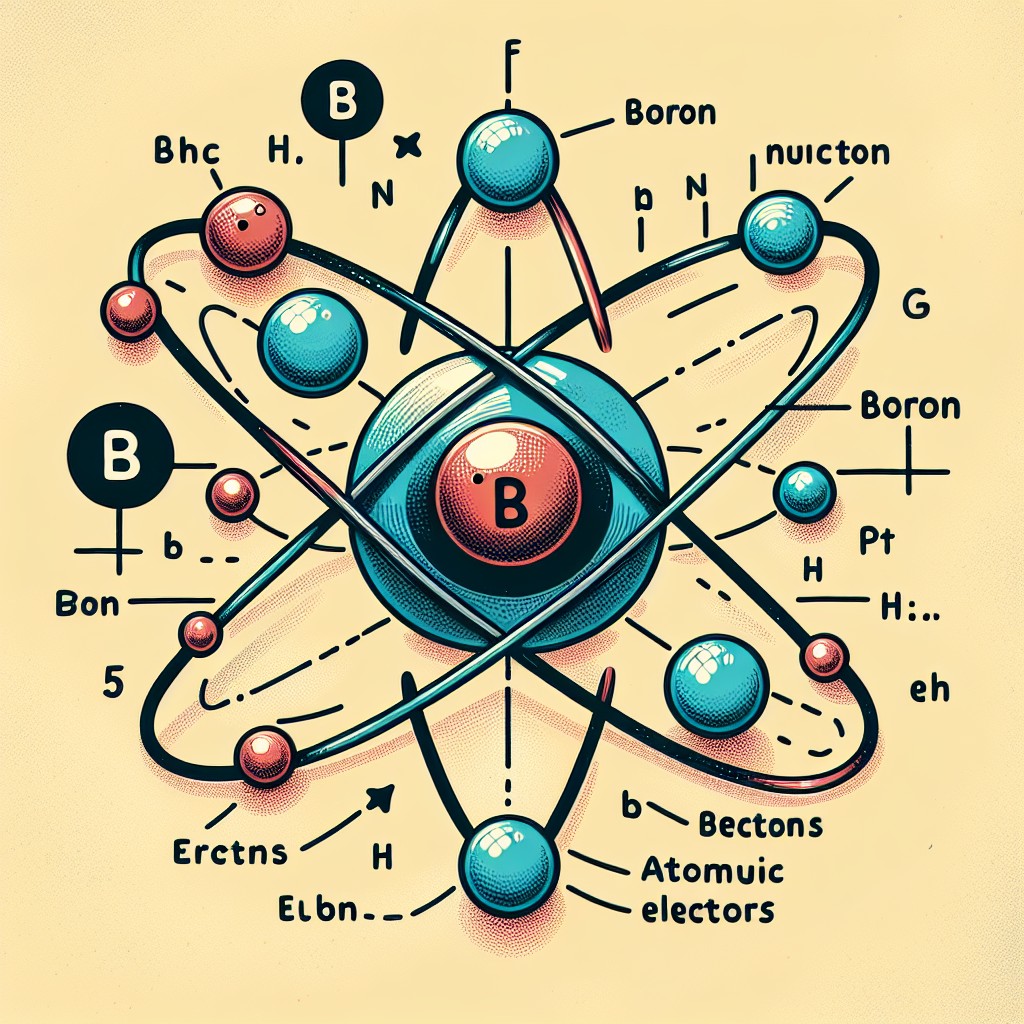| Date | Type | Event |
|---|---|---|
| 1950-01-04 | In 1951 Chinese and North Korean troops were said to be close to capturing the South Korean capital city of Seoul for a second time since the war began. South Korea was invaded by the North Korean People’s Army (NKPA) in June 1950, but after UN intervention they had been forced back into their own country and pursued by UN Forces. When the NKPA’s defeat seemed certain the Chinese Communist Forces (CFF) joined the North Korean forces for this counter-strike. UN forces regained control of Seoul in March 1951. After many failed attempts at peace talks, a demilitarised zone was set up between the two countries which still exists today. | |
| 1950-01-21 | In 1950 George Orwell died.
The writer of political novels such as ‘Animal Farm’ and 1984 died on this day in 1950 from a haemorrhage in a London hospital after his three-year battle with tuberculosis.
| |
| 1950-01-26 | In 1950 India became a republic with a public holiday declared in celebration.
This comes after almost a hundred years of British rule of the country. Control of India was transferred from Britain to the Indian people in August 1947 but this day is the start of their own constitution, the change of their head of state from Queen Elizabeth II to President Dr Rajendra Prasad as well as the first use of India’s Flag.
British control over India, often referred to as the British Raj, was a period of colonial rule that lasted nearly two centuries, profoundly shaping the subcontinent’s history, culture, and economy. The foundation for British influence was laid in the early 17th century, when the British East India Company established trading posts and secured commercial rights from local rulers. Over time, the Company’s power expanded beyond trade, particularly after the Battle of Plassey in 1757, when it defeated the Nawab of Bengal and gained control over significant territories. The Company’s dominance grew as it formed alliances, annexed princely states, and suppressed resistance. By the mid-19th century, it effectively governed large parts of India. However, growing discontent with Company rule culminated in the Indian Rebellion of 1857–1858, also known as the First War of Independence or Sepoy Mutiny. Although the rebellion was suppressed, it exposed the weaknesses of Company administration. In 1858, the British Crown assumed direct control of India, marking the beginning of the British Raj. Under Crown rule, India was administered by a Viceroy and a centralized bureaucracy. While the British introduced modern infrastructure, such as railways, telegraphs, and educational reforms, their policies also prioritized British economic interests, often at the expense of Indian industries and agriculture. Famines, heavy taxation, and cultural insensitivity fueled resentment among Indians. The late 19th and early 20th centuries saw the rise of Indian nationalism, with leaders like Mahatma Gandhi and Jawaharlal Nehru spearheading movements for self-rule. Through nonviolent protests, civil disobedience, and negotiations, Indians demanded independence from British control. These efforts culminated in India gaining independence on August 15, 1947, resulting in the partition of British India into the sovereign nations of India and Pakistan. The legacy of British control over India is complex, marked by both advancements and deep social and economic consequences. It remains a defining chapter in the history of colonialism and the struggle for self-determination. | |
| 1950-02-03 | In 1950 Klaus Fuchs, a German-born physicist was arrested for passing information to the Russians about the British and American atomic bomb projects. Fuchs and his father left Germany in 1933 for fear of Nazi persecution. They settled in Great Britain where Klaus studied Physics. His skills led him to be part of the British Atomic Bomb project (code-named ‘Tube Alloys’) and later he was invited to the United States, along with many other British physicists, to collaborate on their atomic bomb project (the Manhattan Project). Klaus Fuchs was a communist sympathiser and had been in contact with Russian agents since the Tube Alloys Project. In 1949 the FBI contacted British authorities with decoded Russian messages that suggested Fuchs was a spy. Fuchs was arrested for breaking the ‘Official Secrets Act’ and sentenced to 16 years, the information he supplied led to many more arrests in the United States. | |
| 1950-02-09 | In 1950 United States Senator, Joe McCarthy started a communist witch hunt within the State Department to gain popularity. Six days before his accusations were made a communist supporter and Russian spy, Klaus Fuchs, had been arrested in England for passing secrets about the American and United Kingdom’s atomic bomb projects (Fuchs had worked on both projects as a respected physicist). McCarthy originally produced a list of 200 people he claimed were communists but this number decreased over time to just 10 names after several inquiries. The arrest of Klaus also led to the arrests of Julius and Ethel Rosenberg in March 1951 for giving away atomic secrets to Russia, fuelling his four-year campaign and public hysteria. After he was censored by the senate committee in 1954 the damage was done. Many people had lost their jobs and reputation and 25 States had outlawed communism. McCarthy died in 1957 after excessive drinking caused health problems. | |
| 1950-06-25 | In 1950, North Korea invaded South Korea, triggering the Korean War. South Korea was invaded by the North Korean People’s Army (NKPA) on the 25th of June 1950, but after UN intervention, they were forced back into their own country, pursued by UN Forces. When the NKPA’s defeat seemed certain, the Chinese Communist Forces (CFF) joined the North Korean forces for this counter-strike. UN forces regained control of Seoul in March 1951. After many failed attempts at peace talks, a demilitarised zone was set up between the two countries, which still exists today. The country was split after World War II. When the Japanese left Korea, the north was occupied by the USSR while the south was occupied by the US. | |
| 1950-12-05 | In 1950 the North Korean capital, Pyongyang was taken by Chinese forces, driving UN forces back towards South Korea. South Korea was invaded by the North Korean People’s Army (NKPA) in June 1950, but after UN intervention they had been forced back into their own country and pursued by UN Forces. When the NKPA’s defeat seemed certain the Chinese Communist Forces (CFF) joined the North Korean forces for this counter-strike. |


